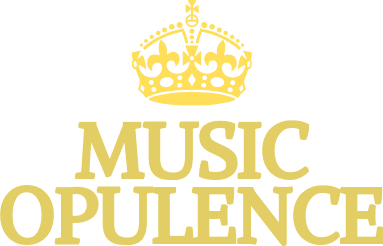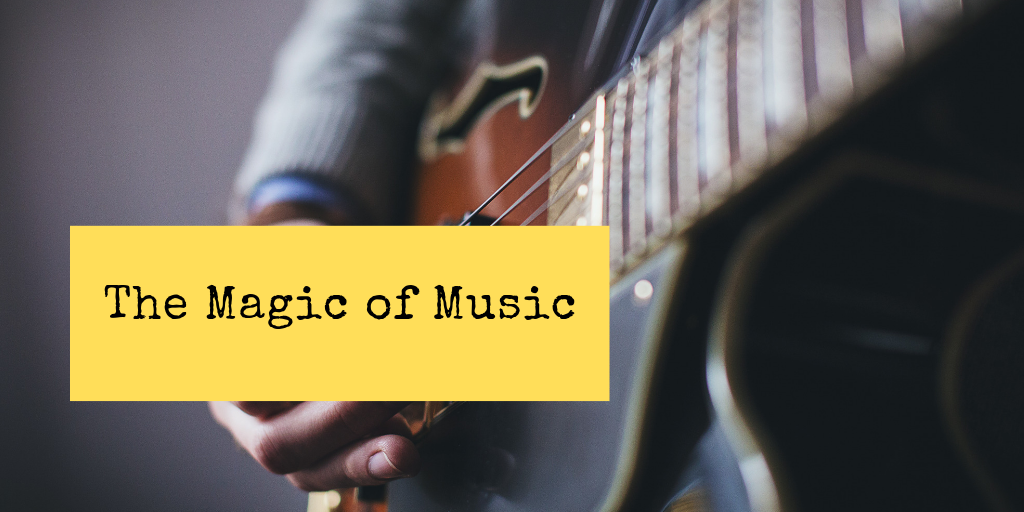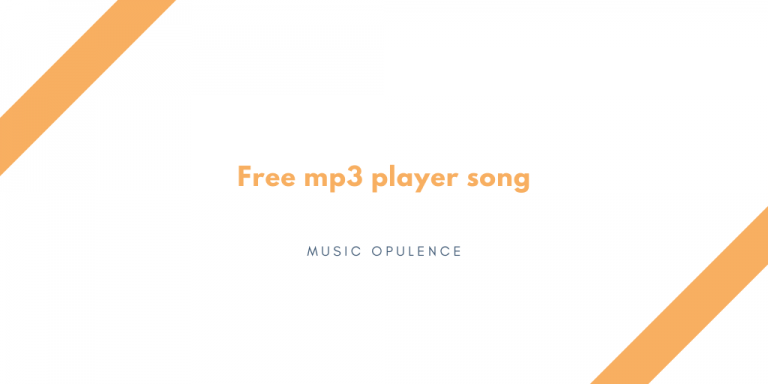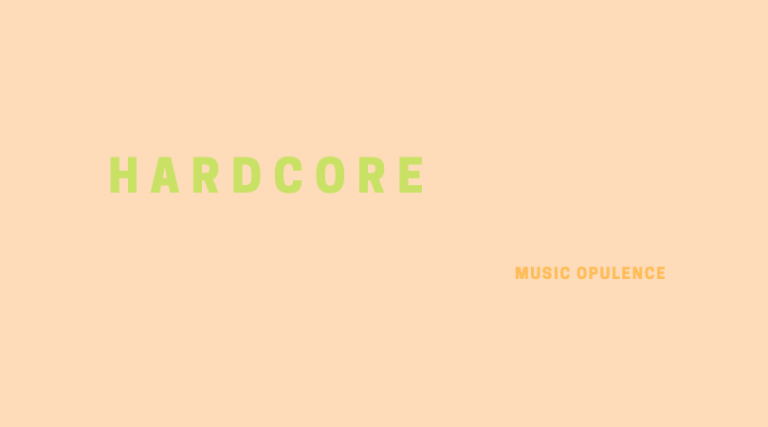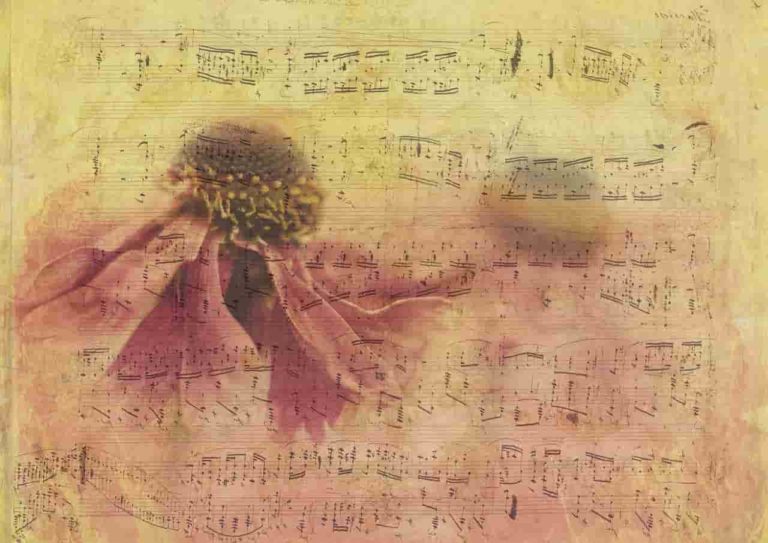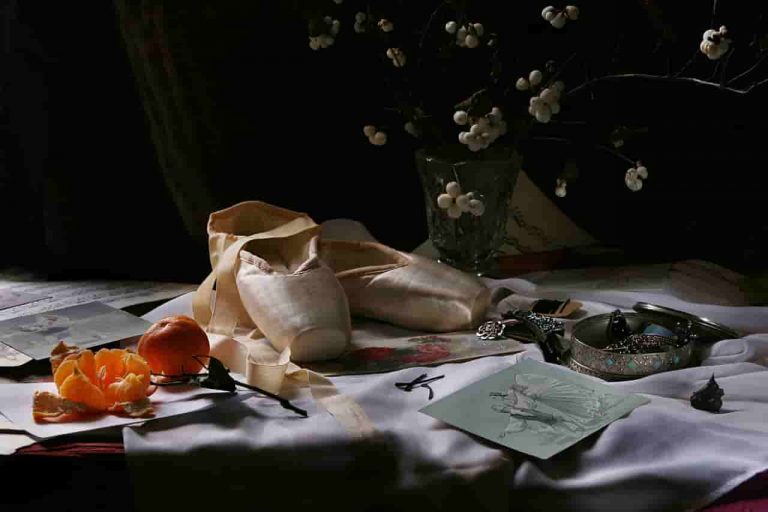A New Music of the Orient: a Touch of the West and a Dash of the Divine
New music mergers have emerged in New York, not the one you can get for $ 10 at a club in West Village. For those thousands of Chinese immigrants who are trying to survive in the new world, and those who have always wanted to understand the Chinese but are evading for lack of methods, for those who want to know where the two civilizations are connected. Let’s say, the answer may not be in words, but in music.
Li Lisha is a teacher from pipa (China) and graduated from the China Music Conservatory. He has worked and performed in Europe, Asia and the United States, and played in the Oscar-winning film “The Last Emperor.” Now, as one of the main composers of the Chinese New Year party of New China TV Party, the large-scale performance of dance and traditional Chinese songs, Lisa created what she considers a new voice, based on popular music and Ancient Chinese religious, but beyond. Anyone.
“The music is still alive, because in the eyes of the ancient Chinese, every object in the world has life. In fact, in Chinese, when we mention notes, we call them” live notes, “he explained. But according to Lisa, it must be composed and reproduced from the heart, sometimes it sounds like a western ear.
But the melody is far from random. Lisa’s music, like all traditional Chinese music, is based on a series of five-tone scales (5 notes). The root of this system is Taoism, which teaches that all matter consists of five basic elements: metal, earth, wood, fire and water. It teaches that for life to be healthy, it must balance all these elements. Therefore, from a Chinese perspective, a song or a musical piece must also contain a unique balance of production of these elements. There are also eight scales of notes associated with Taoist symbols called gossip, the most common in the West as part of the practice of feng shui or feng shui.
An example of this is his work for the Dunhuang Dream dance. The bottom of the dance is thousands of caves carved on the sides of the cliff at Moagu Caves in Dunhuang, China. In the mouth of each cave is a Buddhist or Taoist god. With the arrival of the dancers, people can hear the sounds of erhu (Chinese violin) and guzheng (guzheng) from the orchestra’s voice, but these are quickly attracted by the consensus of the cello, bass, oboe and metal . This result is refreshing but very family.
In fact, the specific Yayue used in the score is the same as ancient music pipa discovered by archaeologists in the royal caves of Dunhuang a few years ago.
I deeply feel that music is a heavenly language, a sacred language,” said Lisa. “It can improve people’s minds and thoughts. This is good for the soul.”
